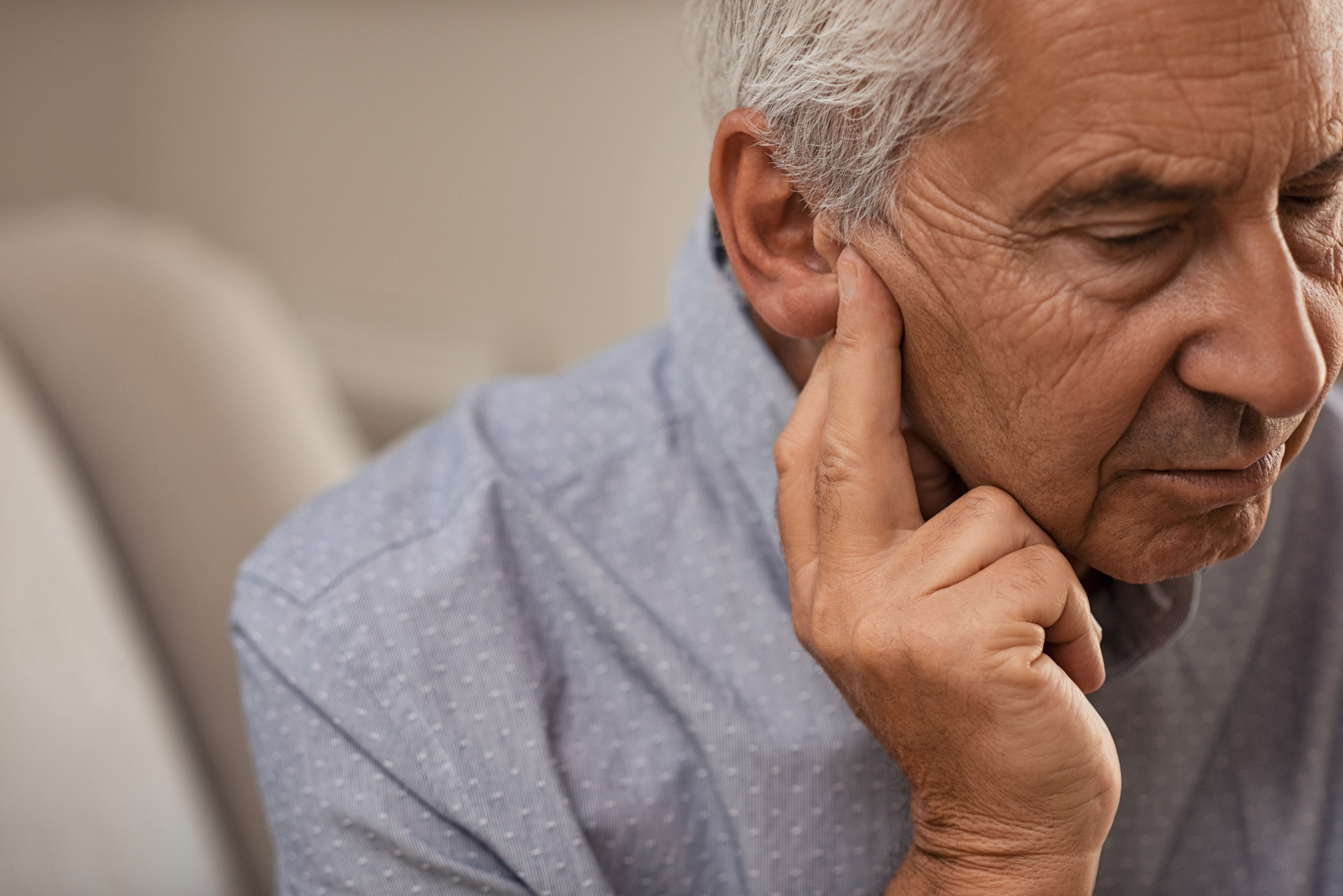Tinnitus
Tinnitus is the medical term for a recurring ‘ringing-in-ears’ that is not attributable to an outside source.
Tinnitus adversely affects 17% of the world’s population, but that figure is based on only those who seek treatment. Most people will have it (albeit briefly) sometime in their life. Although it is known as ringing-in-ears, people report several different sounds including buzzing, humming, grinding, hissing, whistling and sizzling. Some experience the noise beating to their heart rate, which is commonly known as ‘pulsatile tinnitus’.
Tinnitus can be slightly annoying at best and chronically irritating at worst, resulting in a loss of concentration, sleep problems and even depression. Emotional reactions to tinnitus can make the condition worse.
Tinnitus Treatment
While there is no cure, tinnitus treatment is about management. There are many ways to do this, from informal ‘white noise’ tricks such as a radio at low volume tuned off-station to help you sleep, to relaxation exercises that reduce stress levels. Hearing aids or specialised masking devices can also reduce the problem by amplifying external sounds to distract the brain from focusing on the tinnitus.

Causes For Tinnitus / Ringing In Ears
Causes can include a loud noise (see Hearing Protection), an injury, illness or ear infection, or something as simple as an abnormal build-up of wax. But whatever the cause, it’s important to see an audiologist to make sure there is nothing more serious, such as Ménière’s disease for which tinnitus is a side-effect. The aggravators of tinnitus vary, but common triggers include: stress, loud noises, caffeine, nicotine, aspirin and other medications or drugs, alcohol, and some foods.